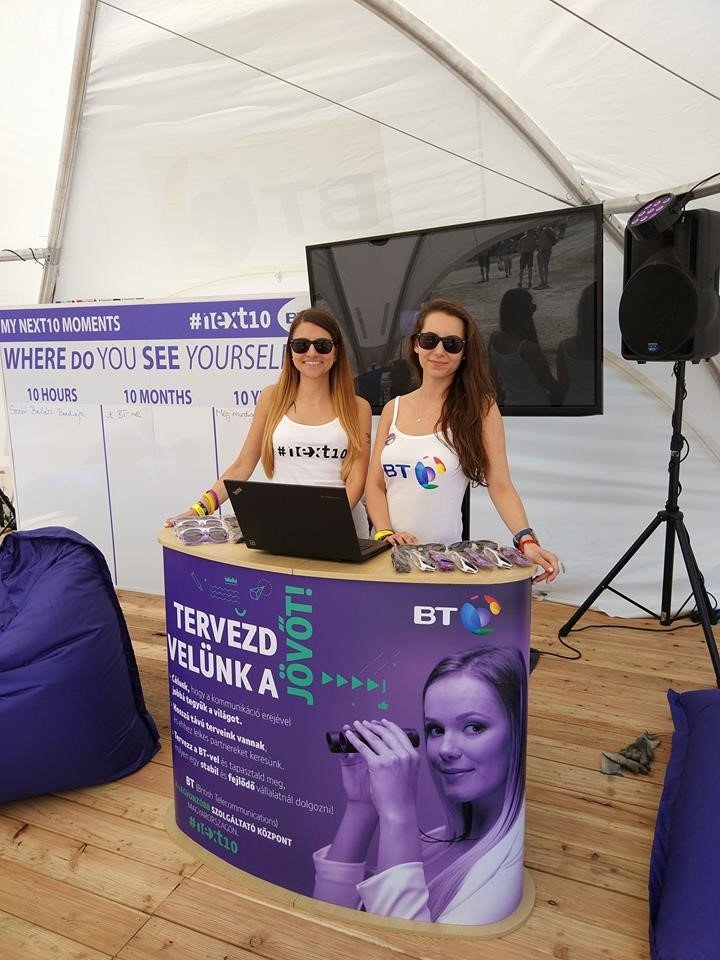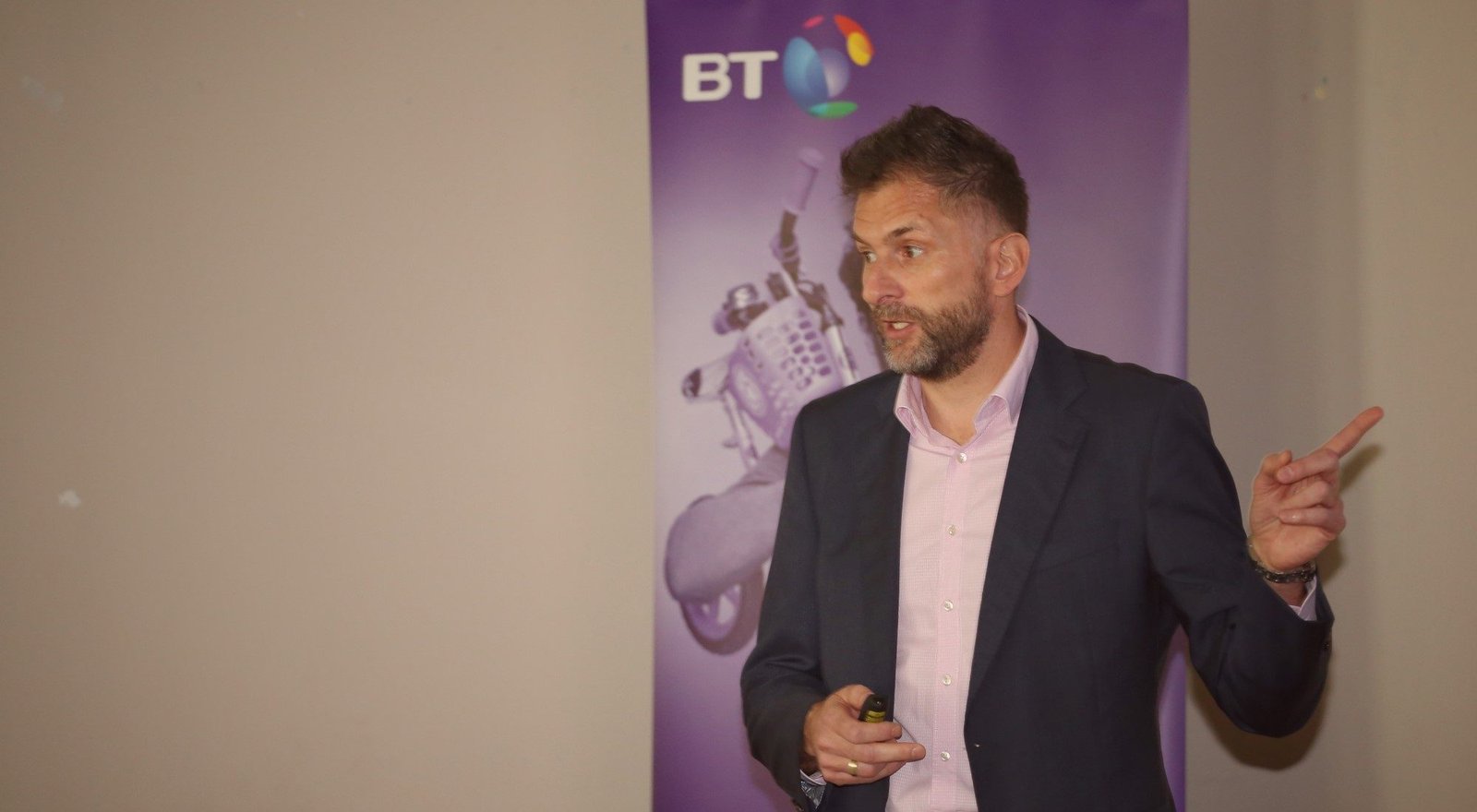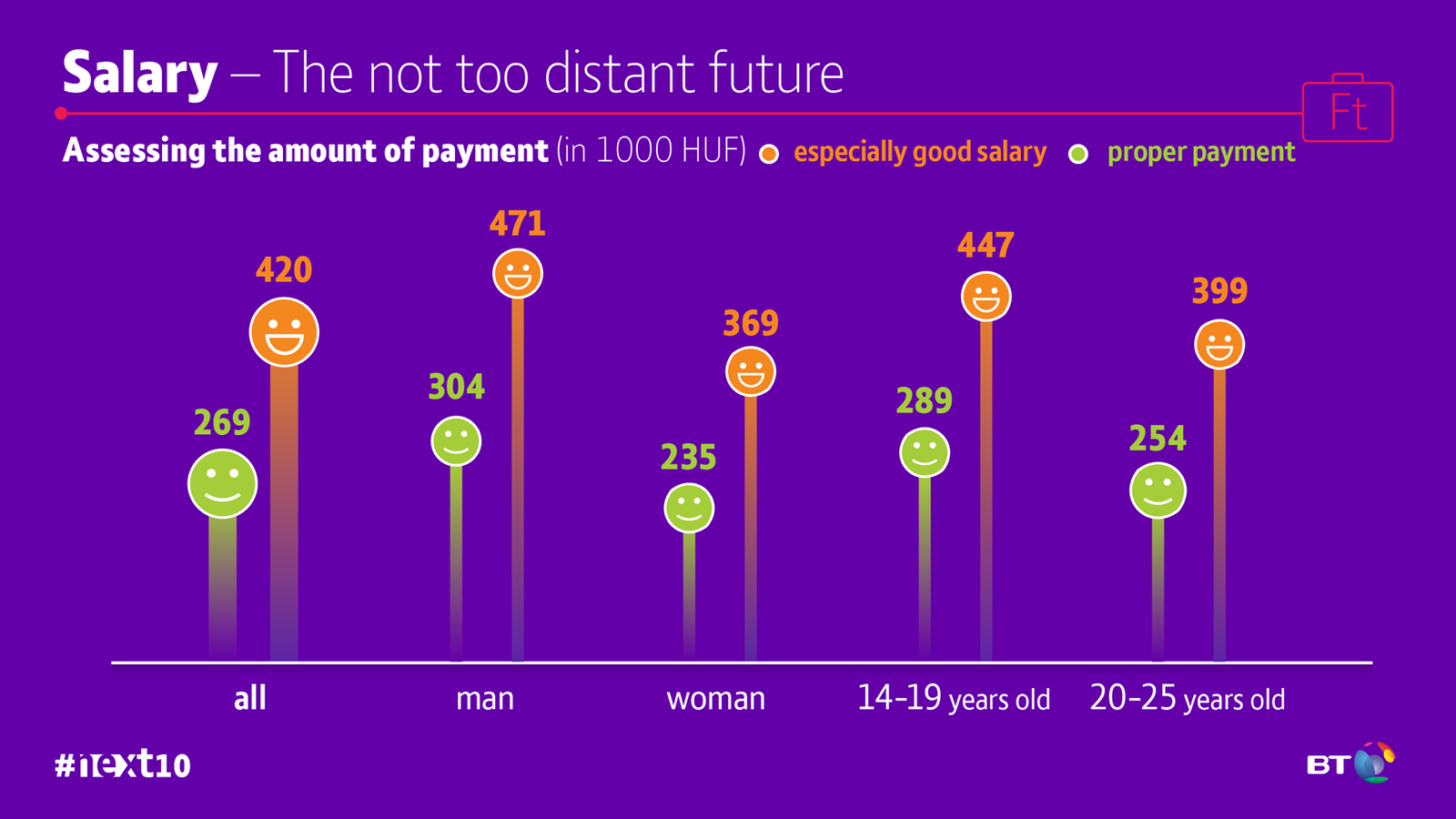BT is not present in Hungary as a residential service provider however the company is a significant employer on the Hungarian market as a shared service center (SSC). We’ve conducted a broad campaign to introduce it as an employer. In the focus there was BT’s ten-year long presence in Hungary, but with a small twist: we talked about the next ten-year period, the future instead. This was the #next10 campaign. We built the most prominent element of the PR campaign on a research: the “Z Generation Survey” that we conducted together with a credible, highly prestigious pollster called Medián. In line with the topic we defined several objectives: We have conducted a background analysis in order to get results in an area where previous surveys do not exist and would spark the interest of the public and employers alike, while we can provide thought-provoking information to the target group of employees as well. We’ve created a stand-alone interface to fill in the survey, and we’ve increased the number of participants with the help of intensified communication activity. We’ve been recruiting participants (for whom we also offered incentives) mainly through paid Facebook advertisements. A second major wave of communication was aimed at EFOTT. Here we encouraged the target audience to participate in the survey with the help of hosts, incentive prizes, local radio ads and sky-signs guiding the target group to the BT lounge. After the evaluation of the survey we had plenty of information available to be able to use multiple messages for public communication purposes. As the strongest central message, we have determined that the Z’s wishes are not extravagant: they want payment and work conditions that can be in fact provided by the domestic SSCs. Simply put, you do not have to move to London to reach your desires! After identifying the definitive messages, a more extensive background material and a shorter press release were made. The results of the research were jointly presented by BT and Medián at a press conference, followed by the press release and the topic submission. With the press conference and subsequent press communication, we gained more publicity than we hoped for; special attention was paid to the research in mainstream media. Additionally, the professional press (HR, marketing, business media) picked up the new labour market data self-evidently. Since it was important to address the target group of employees, we have also successfully appeared in the media aimed at young people. Motivating young people to fill in the survey was also part of the employer brand campaign, so we made sure the most possible members of the target group gets acquainted with BT and the survey itself. In the closing block of the questionnaire we asked about the popularity of the SSCs and the SSC sector itself – these latter results were intended for internal analysis, all the others were planned to use as communication munitions for different media types. By presenting the results we reached another goal: to start a discussion between the major SSCs along the line of mutual interests, and BT became the most prominent generator for this common thinking and planned joint professional action. Thus, the impact of our research and communication will aid both BT and the entire SSC sector in joint actions, advocacy based on numbers and research results, and to take steps to reduce labour shortages. The communication activity of the Z-generation survey was awarded „silver” recognition in the most prestigious Prizma competition of the Hungarian public relations profession.
The idea

Course of work


The results


The afterlife of the project



